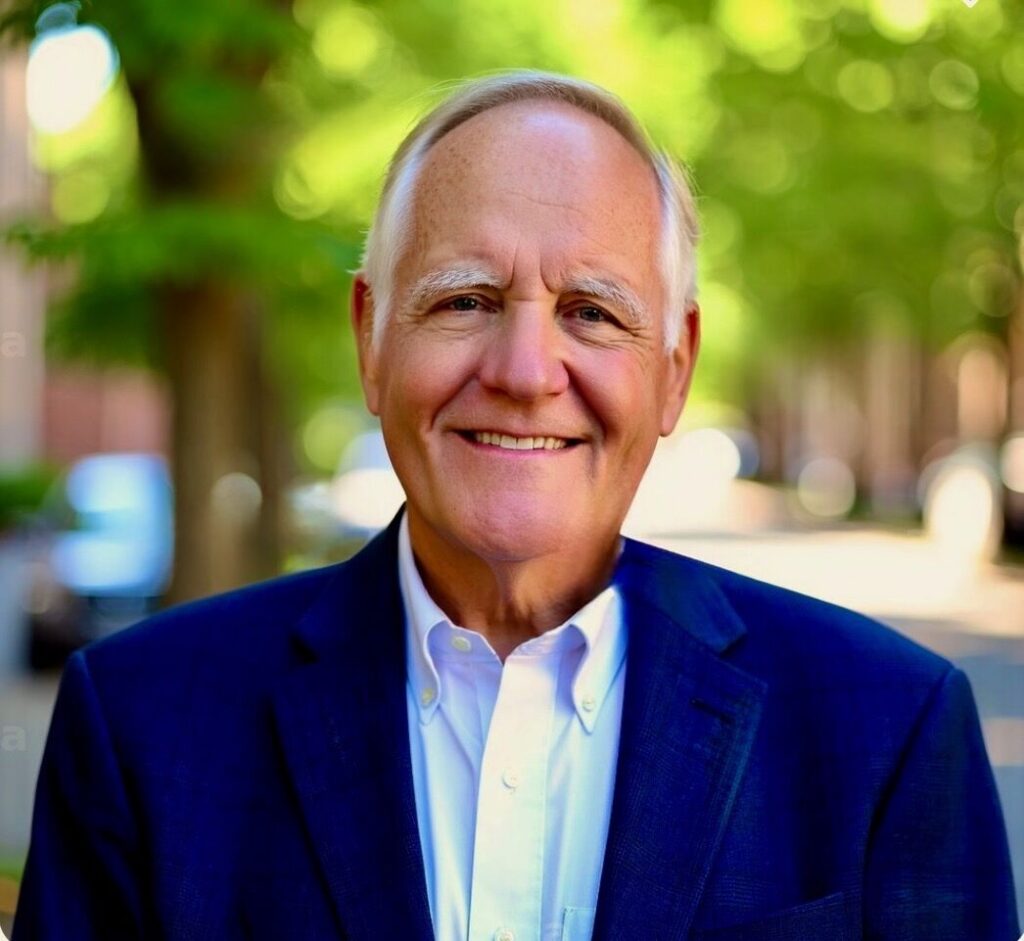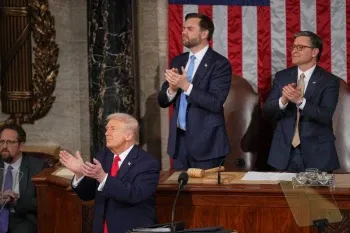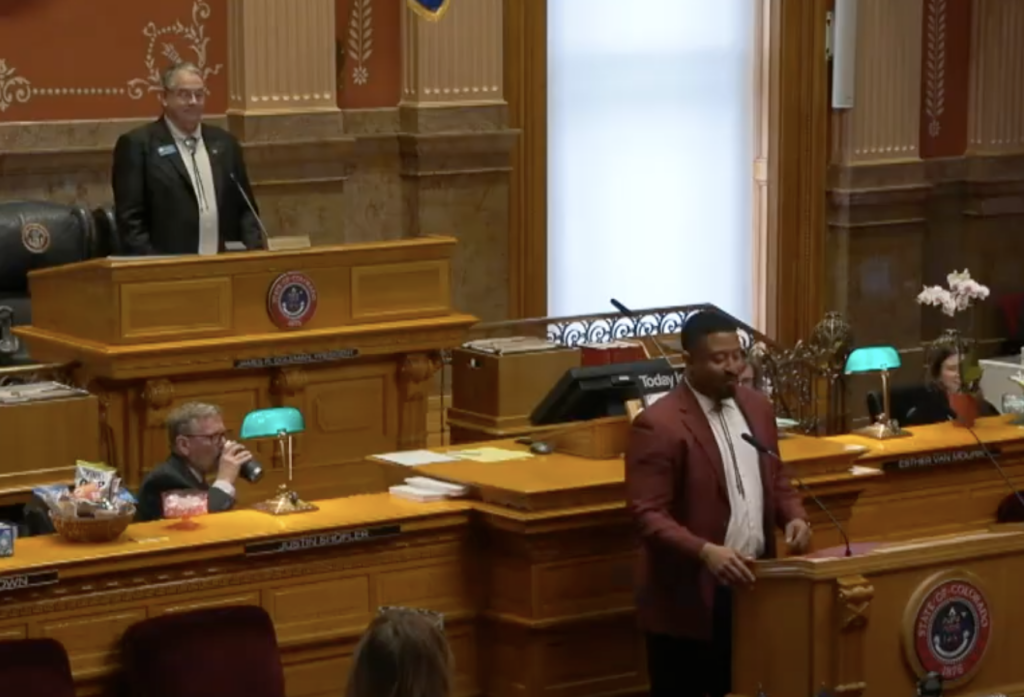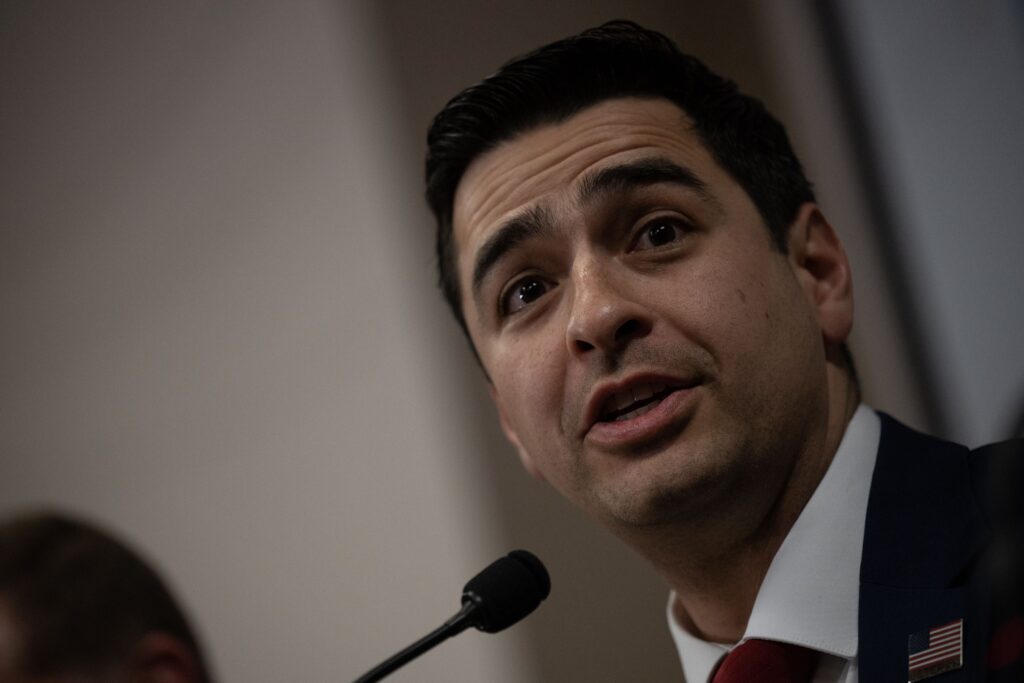Colorado will be affected by U.S. medical innovation policy | OPINION
Smart policymaking and American ingenuity have combined to create an innovation infrastructure that, for several decades, has enabled the United States to lead the world in medical advances. Federal financial support has helped propel new scientific discoveries and engage faculty and students with STEM opportunities at colleges and universities across Colorado. In turn, those universities retain the intellectual property rights to those inventions and commercialize them for the good of society.
It’s a system that has worked well throughout the country, and particularly in Colorado, to bring new medicines, medical devices and diagnostics to millions of Americans. A new study by a respected think-tank, the Information Technology & Innovation Foundation (ITIF), has enabled us to see the full effect of the partnership between government, academia and commercial interests in Colorado. The question remains whether we can keep this successful framework intact.
In 1980, Congress passed the Bayh-Dole Act, a law that enabled universities to control intellectual property rights to new discoveries, even though they were supported by federal funding. According to the ITIF study, from 1996 to 2020, empowering universities to commercialize these discoveries led to 141,000 patents, 18,000 startup companies, $1.9 trillion in gross industrial output and more than 554,000 inventions, many of which helped transform our lives and health for the better.
Stay up to speed: Sign up for daily opinion in your inbox Monday-Friday
Colorado higher education institutions are playing a critical role in this success story. Colorado colleges and universities, between 1996-2020, generated more than 2,200 patents and almost 500 startup companies. The University of Colorado system alone, since the passage of the Bayh-Dole Act in 1980, has seen its inventions lead to 570 startup companies. Colorado universities have forged biotech and clean-tech sectors among the most respected in the nation and have developed game-changing technologies such as noninvasive diagnostic tools for infectious diseases. These actions have also added jobs and benefited the state’s economy.
The study stresses the critical need to protect and strengthen the Bayh-Dole Act, warning against any proposed changes that could shrink America’s — and Colorado’s — leadership in medical innovation. This is especially important at a time when China, India and other global competitors are investing substantial resources to supplant the United States as the world’s leading biomedical innovator. Losing that status would be harmful on at least two fronts — Americans would have less access to cutting-edge treatments and cures, and we would see our research-driven economic growth and job creation significantly curtailed.
It’s time to return to the mindset and the policies that have been so successful for a generation. The next new wave of medical breakthroughs that can win battles against cancer, Alzheimer’s, heart disease and more should be originating here in the United States. More specifically, many of them should be happening here in Colorado and bringing along the robust economic growth that accompanies innovation.
Candace DeMatteis is the policy director for We Work For Health, which brings together national and local business leaders and labor, biopharma, patient advocacy and other health care-related stakeholders to support policies and initiatives that foster innovation and facilitate the delivery of lifesaving and life-enhancing medicines.
Colorado Politics Must-Reads:












